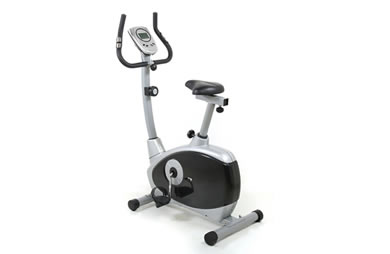|
When I was young, I remember my grandmother religiously taking her blood pressure medication. I always thought that high blood pressure was mostly a problem for the elderly, but that's no longer the case. According to statistics from the American Heart Association, about 74.5 million people in the United States ages 20 and older have high blood pressure. You'd think that the number of younger people with the condition is relatively small. But according to a recent survey, the number could be much higher than previously thought. The findings, published in the journal Epidemiology, come from a federal survey called the National Longitudinal Study of Adolescent Health. This study followed participants beginning in the mid-1990's (when they were between the ages of 12 and 19.) According to data from a 2008 follow-up, one in five 24 to 32-year olds reported having high blood pressure. High blood pressure (hypertension) is defined as a reading of more than 140/90 milligrams of mercury (mmHg). Not surprisingly, by 2008, the majority of the young people in the study classified themselves as being overweight or obese- both of which are risk factors for hypertension. When they started the study in 1995, 11 percent were considered obese. In 2008, 37 percent were obese and an additional 30 percent were considered overweight. Researchers were troubled by the pace of weight gain in the participants. One of the most troubling findings was that the majority of these people had no idea they had hypertension. In their 20's and 30's, most young people probably aren't going to the doctor regularly unless they have some other medical condition. If left untreated, over time high blood pressure can lead to weakening of the arteries, vision and kidney problems and heart attacks. Many times it can be treated with lifestyle changes such as limiting salt intake, weight loss and regular exercise. If you're interested in learning more about this condition, how to prevent it and how to treat it, check out SparkPeople's High Blood Pressure Condition Center. What do you think? |
More From SparkPeople
|

.jpg)


.jpg)










